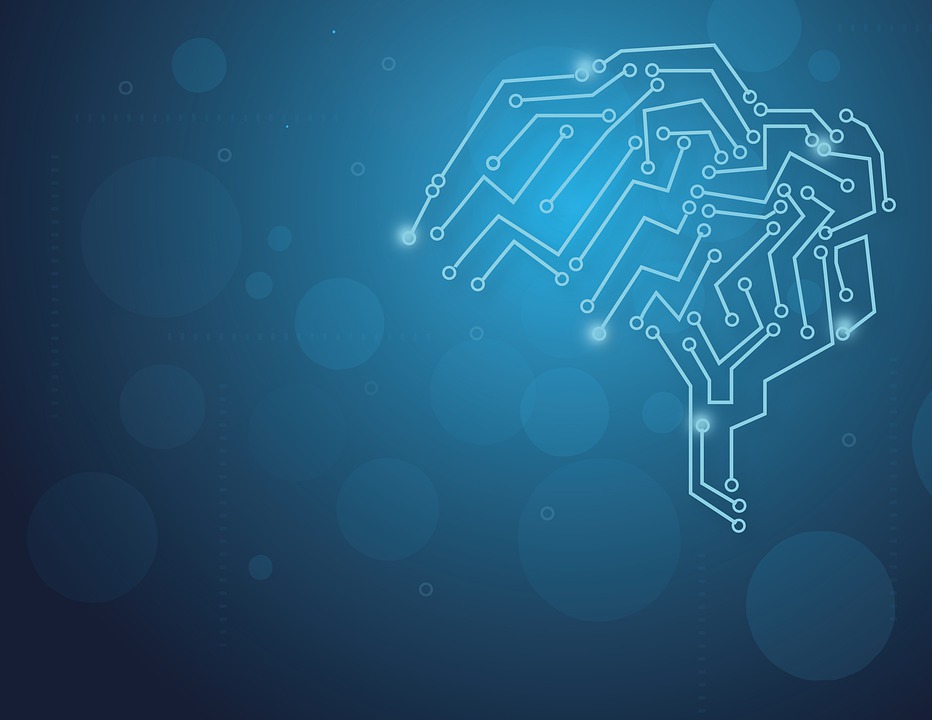The Rise of Artificial Intelligence
Artificial intelligence (AI) is a rapidly advancing field of technology that has the potential to revolutionize the way we live and work. AI refers to the development of computer systems that can perform tasks that typically require human intelligence, such as visual perception, speech recognition, decision-making, and language translation.
Types of AI
There are two main types of AI: narrow AI and general AI. Narrow AI, also known as weak AI, is designed to perform a specific task, such as playing chess, driving a car, or recommending products based on user preferences. General AI, on the other hand, is a hypothetical form of AI that can perform any intellectual task that a human can do.
Applications of AI
AI is being used in a wide range of industries, including healthcare, finance, transportation, and entertainment. In healthcare, AI can help diagnose diseases, personalize treatment plans, and improve patient outcomes. In finance, AI is used to detect fraudulent transactions, optimize investment portfolios, and automate customer service. In transportation, AI is powering self-driving cars and improving traffic management systems.
Challenges and Opportunities
While AI has the potential to bring about many benefits, such as increased productivity, improved decision-making, and enhanced convenience, it also presents several challenges. These include concerns about data privacy, job displacement, bias in AI algorithms, and the potential for misuse of AI technologies.
The Future of AI
As AI continues to evolve and become more sophisticated, it is likely to have a profound impact on society. To ensure that AI is used ethically and responsibly, it is important for developers, policymakers, and the public to engage in discussions about the ethical implications of AI and to establish guidelines for its use.

